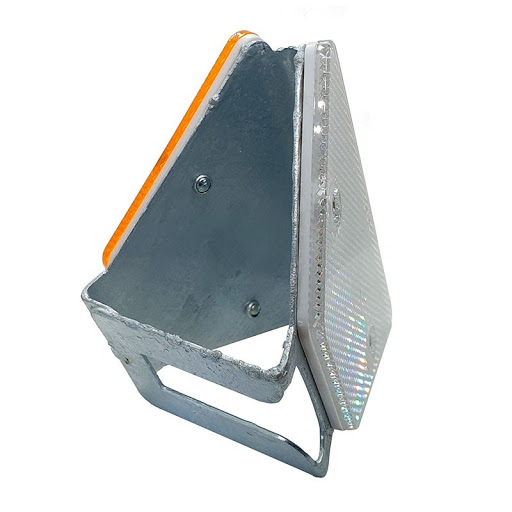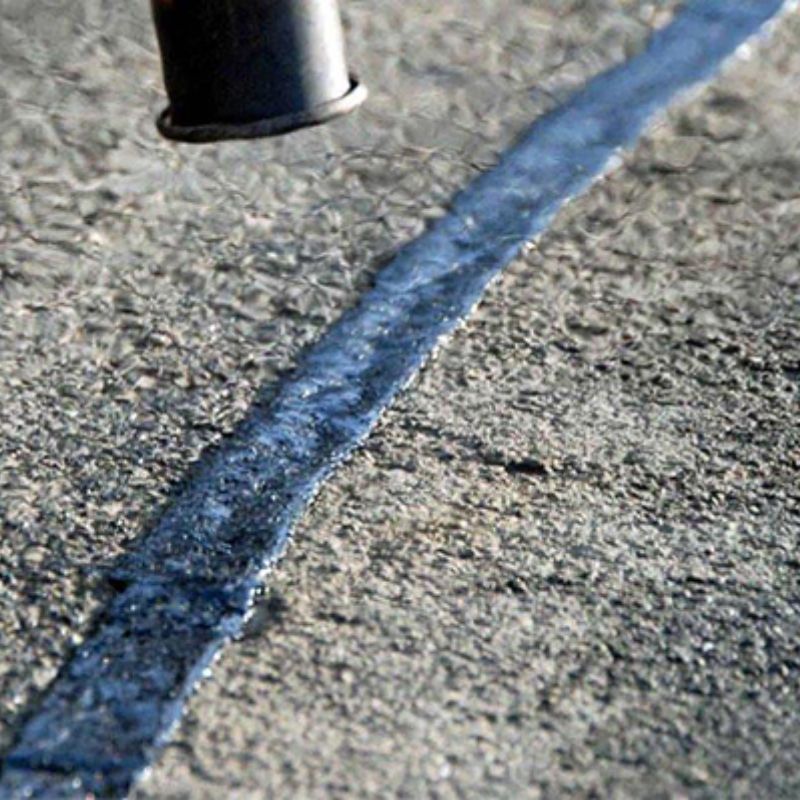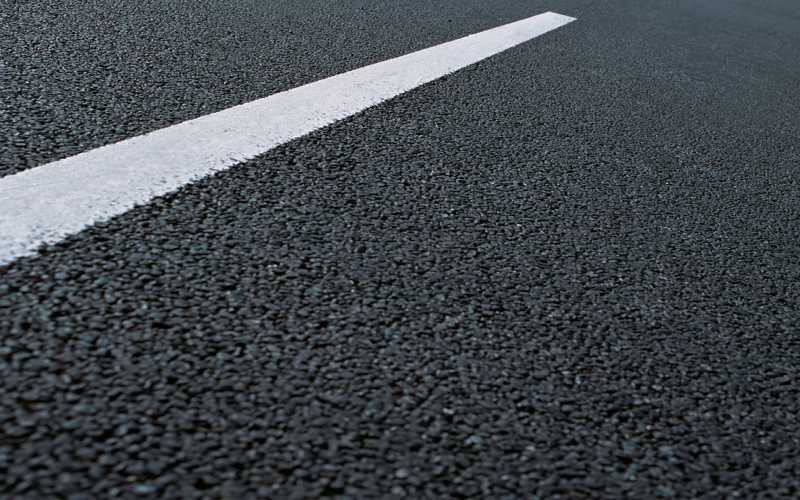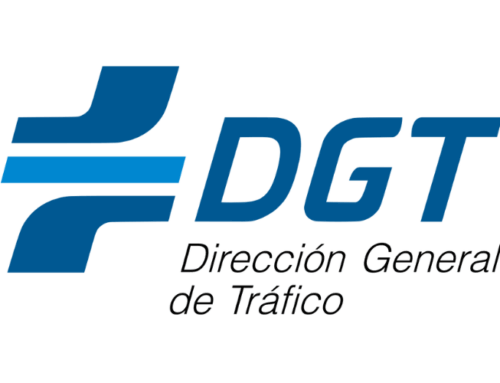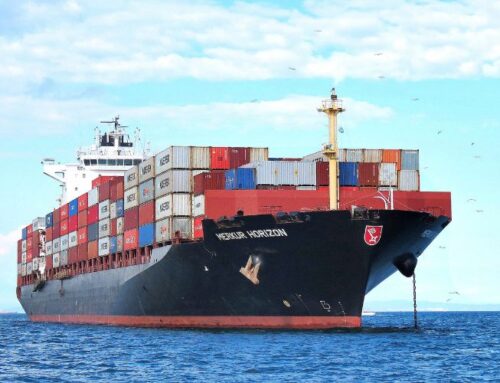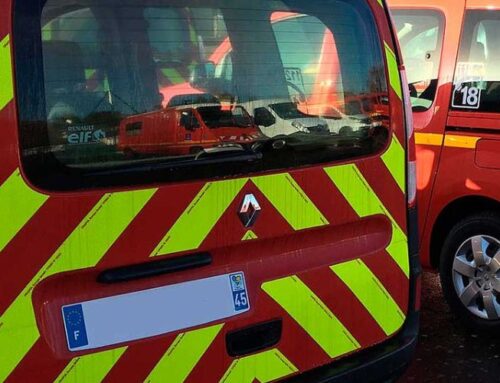What do we mean by road safety in Spain?
Road safety refers to the set of actions, regulations, infrastructures, and technologies aimed at preventing traffic accidents, reducing their consequences, and ensuring safe mobility for all road users. This includes drivers and passengers as well as pedestrians, cyclists, and motorcyclists, both in urban and interurban environments.
In Spain, the main goal of road safety is to progressively reduce road accidents. The strategy is based on a comprehensive vision that ranges from education and legislation to infrastructure engineering and law enforcement. This vision is aligned with the European “Vision Zero” objective, which seeks to eliminate deaths and serious injuries caused by traffic accidents.
The main stakeholders involved in improving road safety in our country include the Dirección General de Tráfico (DGT), the competent ministries and regional authorities, municipalities, law enforcement agencies, highway concession companies, and private companies responsible for the maintenance, signage, and conservation of road infrastructure.
Main causes of road accidents in 2025
During the period between January 1 and August 17, 2025, a total of 632 fatal road accidents were recorded on interurban roads in Spain, with 696 fatalities, according to provisional data published by the Dirección General de Tráfico (DGT). These figures represent a slight 4% reduction compared to the same period the previous year (723 fatalities in 656 fatal accidents), reflecting a slight improvement, although still far from acceptable levels.
The most frequent causes behind these accidents continue to be, consistently:

To these causes we must add the aging of the Spanish vehicle fleet and the differences in the level of infrastructure maintenance depending on the autonomous community.
Infrastructure in road safety
Road infrastructure plays a decisive role in accident prevention and in protecting road users. Well-designed roads, proper signage, and effective containment systems not only reduce the number of accidents but also mitigate their severity when they occur.
Some of the key infrastructure elements that directly impact road safety are:
Therefore, continuous investment in infrastructure improvement should not be seen as an expense, but as an essential preventive measure.
Professional solutions for a safer road network
At a time when road safety faces new challenges, having suppliers that offer certified products, technical support, and solutions adapted to each environment is key to moving toward safer and more efficient roads. From retroreflective sheets to road studs, impact attenuators, or asphalt repair systems, T2S Ibérica works alongside public managers, maintenance companies, and contractors to provide approved equipment that meets the highest European standards.
Our experience allows us to advise on the selection of the right product for each situation, directly contributing to reducing accidents on our roads. If you are part of an administration or company responsible for road infrastructure maintenance, we invite you to get in touch with our technical-commercial team to explore the most effective solutions for your projects.


